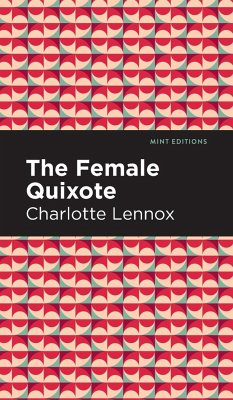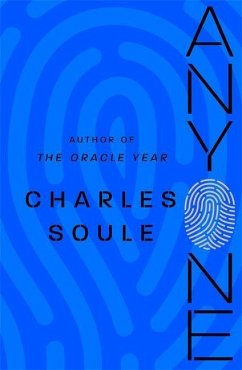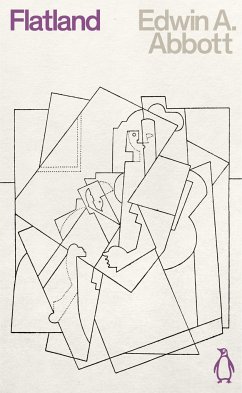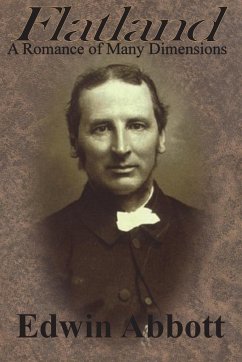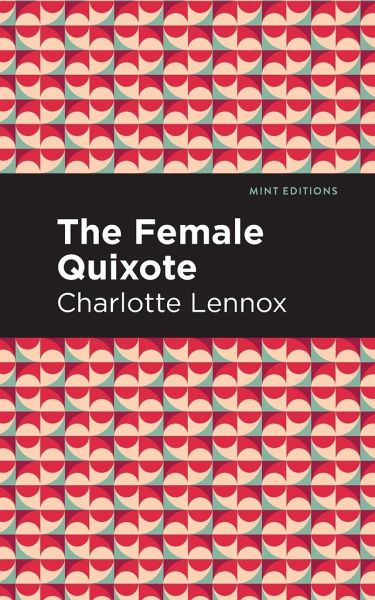
The Female Quixote
Versandkostenfrei!
Versandfertig in 1-2 Wochen
17,99 €
inkl. MwSt.
Weitere Ausgaben:

PAYBACK Punkte
9 °P sammeln!
The Female Quixote (1752) is a novel by Charlotte Lennox. A parody of Miguel de Cervantes' Don Quixote, Lennox's novel was an immediate critical and commercial success. Boosted by praise from Samuel Johnson, Henry Fielding, and Samuel Richardson, The Female Quixote launched Lennox's career as a leading author of English plays, poetry, and novels. Although she failed to regain her early heights as an author, Lennox and her work have undergone positive reappraisal by twentieth century feminist scholars, securing her long-underrecognized reputation as an important precursor to Jane Austen and cou...
The Female Quixote (1752) is a novel by Charlotte Lennox. A parody of Miguel de Cervantes' Don Quixote, Lennox's novel was an immediate critical and commercial success. Boosted by praise from Samuel Johnson, Henry Fielding, and Samuel Richardson, The Female Quixote launched Lennox's career as a leading author of English plays, poetry, and novels. Although she failed to regain her early heights as an author, Lennox and her work have undergone positive reappraisal by twentieth century feminist scholars, securing her long-underrecognized reputation as an important precursor to Jane Austen and countless other writers.Raised in a remote English castle by her father, Arabella makes up for a lack of formal education with an endless appetite for French romance novels. Although exceedingly intelligent, her lack of experience and overactive imagination lead her to fantasize about the world outside. Envisioning a life of adventure and romance, she receives a rude awakening when, upon the death of her father, she is to be left his estate on the condition she marry her cousin Glanville. Making her way to London via Bath, Arabella makes a positive impression on the young gentleman, who recognizes her innocence but remains determined to love her. As he attempts to educate her on the realities of city life, his friend Sir George Bellmour tries to take advantage of her through a courtship veiled in the chivalry of her beloved novels. When a case of mistaken identity leads to Arabella being gravely injured, Glanville is forced to decide whether the young woman he cares for will ever manage to come to terms with their shared reality. This edition of Charlotte Lennox's The Female Quixote is a classic of English literature reimagined for modern readers. Since our inception in 2020, Mint Editions has kept sustainability and innovation at the forefront of our mission. Each and every Mint Edition title gets a fresh, professionally typeset manuscript and a dazzling new cover, all while maintaining the integrity of the original book. With thousands of titles in our collection, we aim to spotlight diverse public domain works to help them find modern audiences. Mint Editions celebrates a breadth of literary works, curated from both canonical and overlooked classics from writers around the globe.




